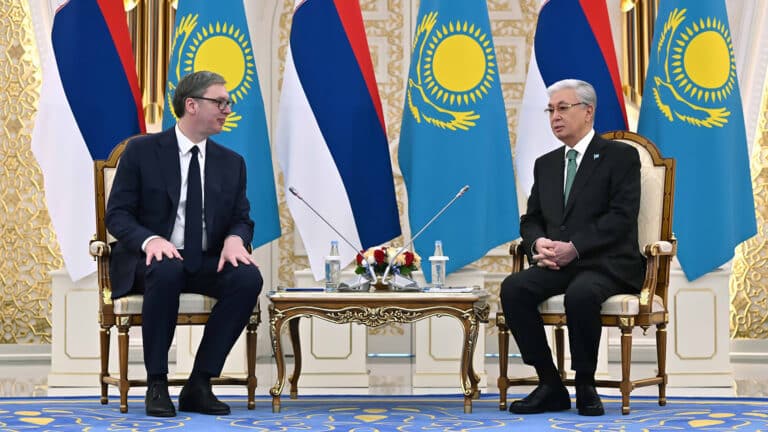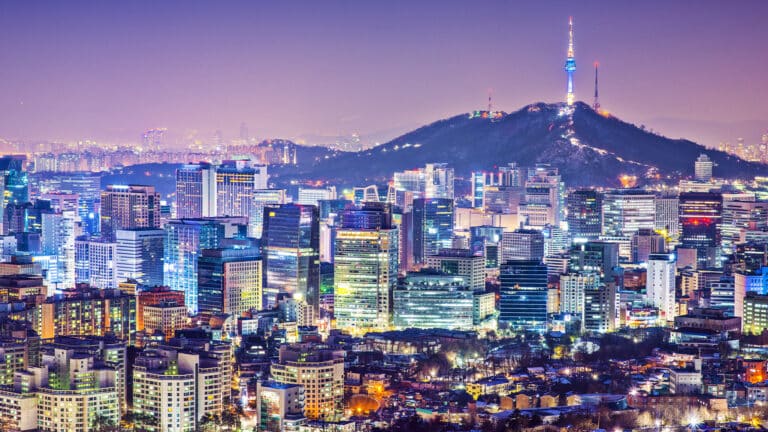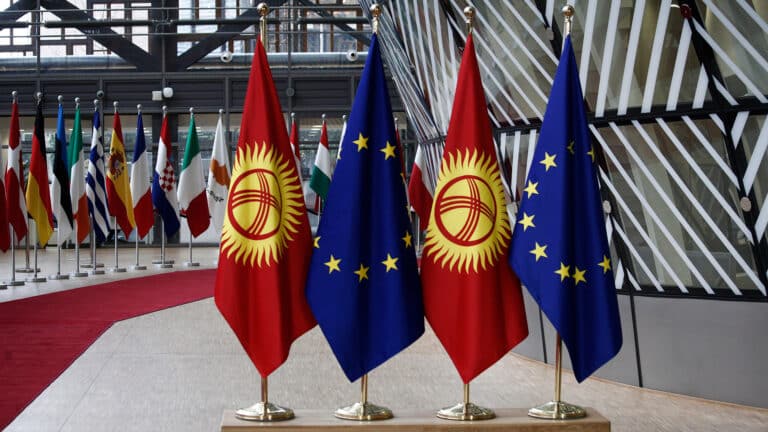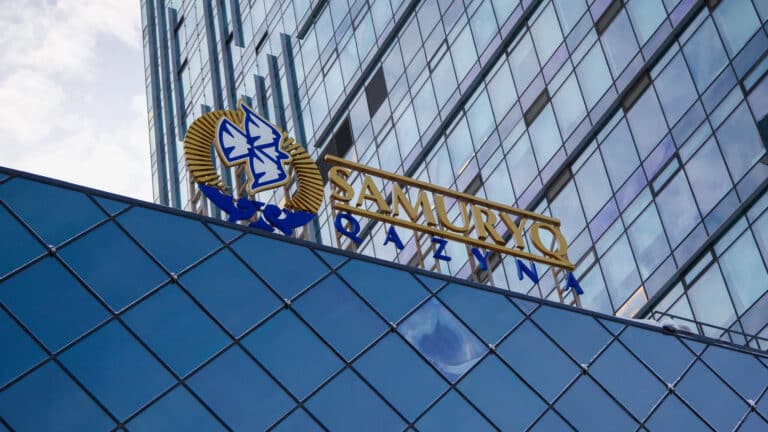The list of goods that Uzbekistani companies can export to the European Union free of customs fees has risen twice. Would it help the country to make its export to the EU bigger?
In April Uzbekistan began to reap benefits as a member of the Generalized System of Preferences (GSP+), which provides tariff reductions on various products for developing countries. Now, Uzbekistani producers can ship their products into the EU customs-free.
Since 2014 Uzbekistan has been using the GSP regime by exporting three thousand goods with no fees and 3,200 products at lower fees. The new arrangements with the developed European countries are now a basis for tariff-free exports of 6,200 products.
According to GSPHub, in 2017, Uzbekistan’s volume of preferential export accounted for €120 million, while the entire Uzbekistani export to the EU was €219 million. In 2018 these two rates reached €97 million and €168 million respectively, and in 2019 €94 million and 190 million respectively.
The biggest product categories of the GSP for Uzbekistan are fibers, tissues made from silk, wool, cotton, plastic products, food and agricultural goods.
%2C-%D0%BC%D0%BB%D0%BD-%D0%B5%D0%B2%D1%80%D0%BE.jpg)
Uzbekistan is the 9th beneficiary of the GSP+ after Armenia, Bolivia, Cabo-Verde, Kyrgyzstan, Mongolia, Pakistan, Philippines and Sri Lanka. To reach a deal, the country was forced to ratify 27 international agreements on human and labor rights, environmental protection, climate change and proper management.
Two capitals, Tashkent and Brussel, are hoping that the GSP+ would help to increase Uzbekistani exports to the EU on the one hand and to raise the flow of investments to the country on the other hand.
Stimulation of Export
According to Boburzhon Rasulov, a deputy head in the Economic Assembly and in the Association of Uzbekistani Exporters, the EU was eager to add the country to the GSP+ regime because of its interest in the political and economic reforms in Uzbekistan.
«EU likes this and by doing so they want to support us in our gradual floating to democracy. Also, the EU is interested in importing agricultural goods and textiles from Uzbekistan,» he said.
However, none of these preferences will work if Uzbekistani producers stay passive.
«Unfortunately, our entrepreneurs are not interested in the international market; they are not going to revise marketing policies and adjust their products to customers’ needs. Many of them who have quite big opportunities are still competing with each other on the domestic market even though they could have exported their products to neighboring countries such as Afghanistan and Tajikistan,» Rasulov added.
At the same time, Brussel requires the GSP+ beneficiaries to meet the hard terms of the regime. Everyone who wants to explore the European market has to be prepared. A good example of what they must be ready to do is a firm deal from Uzbekistan, which produces men’s suits. Another good example is several textile producers from Namangan, according to Rasulov.
As the official noted, a new trade corridor from North to South, which connects Europe and India and goes through Central Asia might be helpful. Uzbekistan has joined this transport project in April this year.

«This land route should be faster than the sea routes thanks to simplified customs procedures,» the expert underlined.
Thus, by shipping its products through the North-South corridor, Uzbekistan can reduce transportation costs while exporting goods to Europe.
Ride the Eco Wave
Even though Uzbekistan has joined the GSP+ regime, it doesn’t mean automatically that its export of agricultural products to the EU will grow exponentially, according to Sergey Shchurov, the chairman of the Supervisory Board of the National Agricultural Cluster Jizakh Organic.
«The vast majority of agricultural products from Uzbekistan do not meet the European standards,» he explained.
However, because Uzbek agricultural products are usually produced in an ecofriendly condition, local entrepreneurs can take advantage of this. In many countries, consumers would treat such products as premium quality goods. Of course, before that, Uzbek companies have to deal with a bunch of problems. For example, they have to make their product to meet industrial and veterinary requirements as well as to please entitled European consumers with high-grade packaging. If Uzbek companies will make it, they would be able to expand the presence of products labeled with a «Made in Uzbekistan» mark all over Europe.
As the expert noted, the top priority for Uzbekistan is its national food security, which a vital task to ensure the independence of the country. Once this goal is reached, the government can expand or develop exports by local producers to international markets.
«I do not believe that export-oriented production might be created in a second. First of all, the government has to raise the level of domestic consumption and once we have a well-formed product we can start to seek other ways to promote it on the international markets. We can’t just rely on foreign companies. I mean if we invite them to build an eco-business here they would probably pursue revenue rather than think about how to develop a strong local brand. Therefore, the government must support local entrepreneurs. Even though this is a slow path, it would be much better over the long term,» he said.
There are no welcome signs for Uzbek products on the broad market. Moreover, it is common behavior when people trust brands they are already familiar with.
«Whatever we export under the ‘Made in Uzbekistan’ label must be attractive for consumers and meet their expectations. It won’t be a surprise if at the initial stage Uzbekistani products will be forced to stay under the shade of bigger Western companies. However, the demand for agricultural products constantly grows, which might be a great opportunity for our country,” the expert stated.
He believes that over the next decade, the Uzbekistani economy including agriculture will see results of joining the GSP+ regime.
Precious Textile
The industry watchdog Uzbektextilprom Association has given a projection that after joining GSP+ the volume of textile export from Uzbekistan may reach $142 million in 2021 and $1.2 billion by 2025.
The association believes that Uzbekistan, which is located much closer to the EU (if compared to Vietnam or Bangladesh, which also supply textiles to the EU), has not yet realized its export potential on a full scale.
However, to exercise this potential, Uzbekistani entrepreneurs must be proactive, because no one is waiting for them on the EU market, according to Shokhrukh Kayumov, co-founder of the b2b textile trading platform Uzbtextile.com, the Fratelli Casa and Promowear clothing brands.
He noted that a tremendous amount of work should be done by the government and the private sector to benefit from joining the GSP+ regime. For example, the state of Uzbekistan may promote the ‘Made in Uzbekistan’ brand through its embassies in the European Union. Also, the government can organize some kind of fairs and promote films about the situation in the country and the textile industry.
The Export Promotion Agency under the Ministry of Investment and Foreign Trade of the Republic of Uzbekistan has already provided local entrepreneurs with benefits to encourage them to step over the edge of the domestic market. For example, the agency will cover all the expenses of a company that participates in international bidding rounds.
In addition, businessmen can take advantage of the benefits provided by the Export Promotion Agency under the Ministry of Investment and Foreign Trade of the Republic of Uzbekistan. For example, the agency reimburses 100% of the costs incurred by the company by participating in international tenders. If a company has paid for registration with foreign government agencies, these expenses can also be reimbursed (not more than $10,000 per company).
“There some nuances on the EU market. It is a common practice for European companies to work with suppliers indirectly, so there is no need to spend money and travel to Europe. EU companies usually work with traders, and Uzbek companies have to cooperate with them. Buyers in the EU do not have time to train merchants on document flow or export nuances,” Kayumov added.
Uzbek textiles have been supplied to EU countries for several years. Last year the number of exports amounted to $74 million or +37% if compared to 2019 ($54.3 million).
However, it doesn’t mean that any manufacturer will be able to export textiles.
“It is necessary to make sure that the working conditions at a factory meet international standards and only then apply for certification. Textile companies need such certificates as GOTS, BSCI, BCI, ISO, etc. There are about 10 types of them in total and the receiving of each of them consumes a huge amount of time – from a month to a year, depending on the type of document. This work may cost about $20,000 even though the government reimburses all these expenses. I mean a lot of work should be done, but those who will succeed in the adaptation of business to European standards would win,» Kayumov said.
The GSP+ regime for Uzbekistani exporters won’t last forever. The country will be excluded from the system once its national income rate will keep meeting the World Bank standard rate (from $4,100 to $12,700) over three years in a row. According to the organization, Uzbekistan can reach this point by 2030. In 2019 this rate was $1,800.














